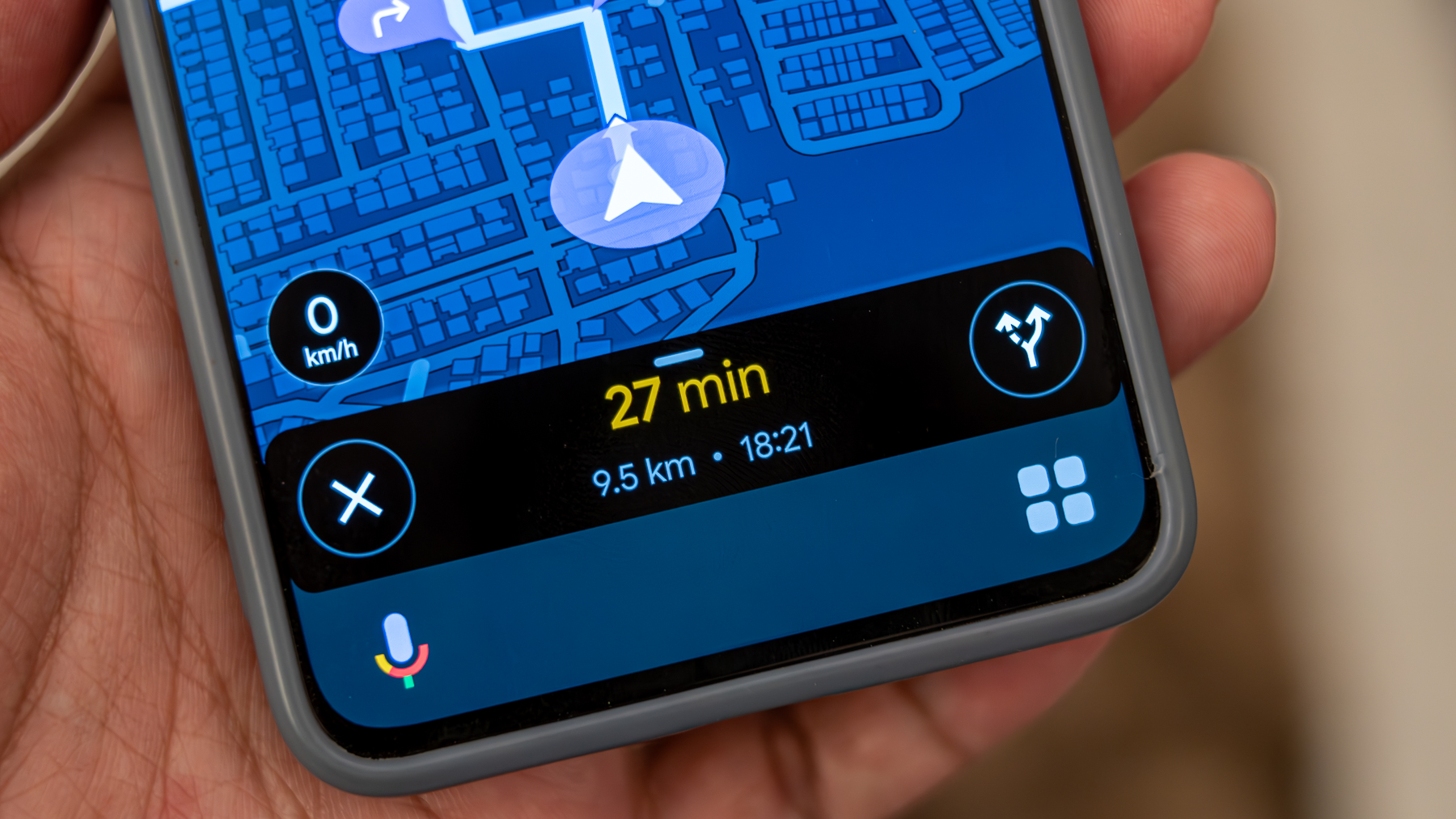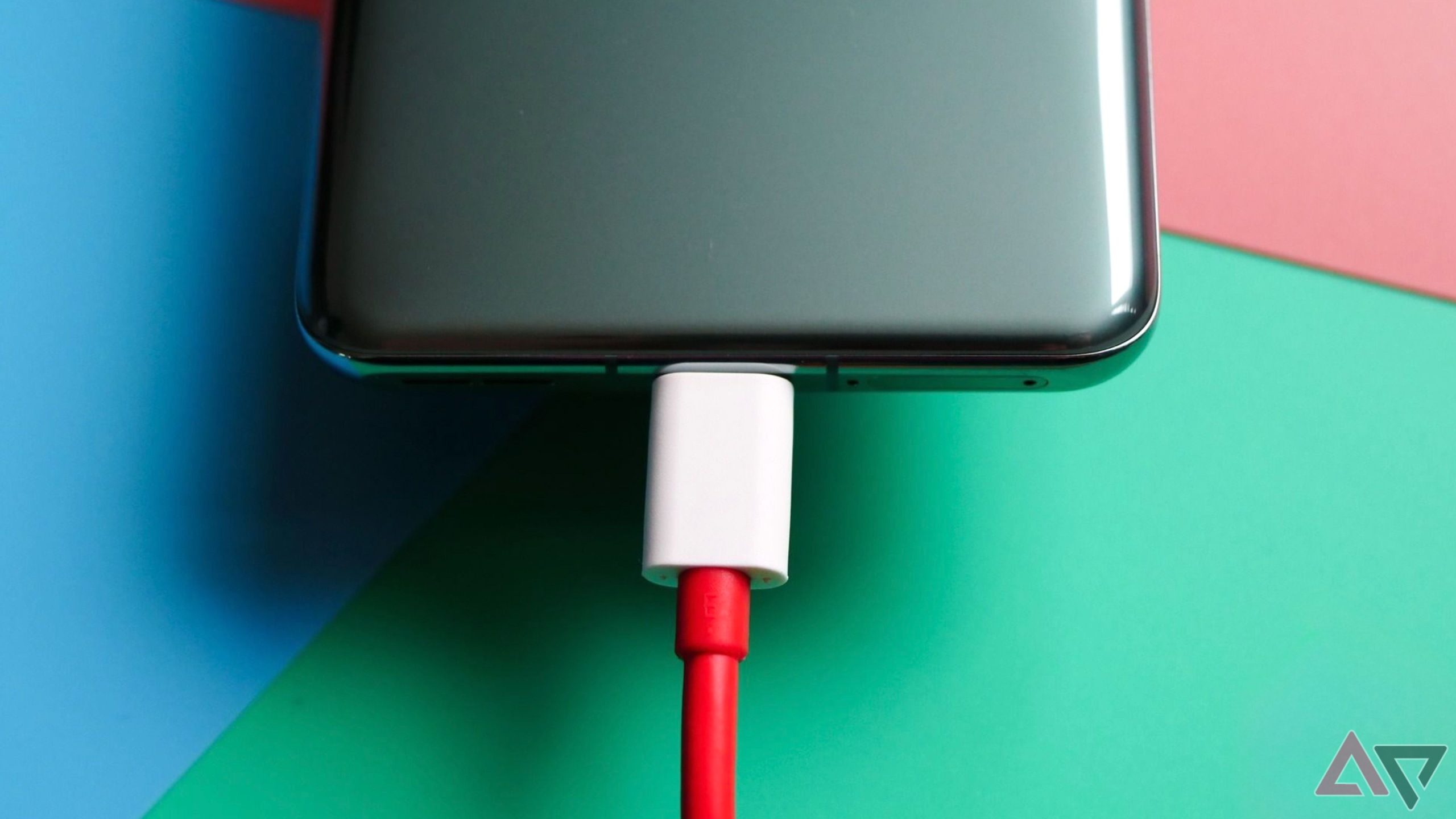Millions of people have downloaded apps that pose threats including “extortion, harassment and financial loss,” according to experts.
Android phones are vulnerable to some malicious apps that may appear on the Play Store for a while before being removed by Google.
Among these, a list of the 15 most downloaded SpyLoan apps, also known as “predatory lending apps,” was compiled by cybersecurity company McAfee.
Downloaded a total of 8 million times worldwide, these apps can control other apps and extract data from phones.
McAfee says the apps are no longer on the Play Store or have been updated to become non-threatening, but many remain on users’ phones.
The 15 apps to delete on Android now
- Préstamo Seguro – Fast, safe
- Préstamo Rápido – Easy Credit
- ได้บาทง่ายๆ-สินเชื่อด่วน
- RupiahKilat-Dana cair
- ยืมอย่างมีความสุข – เงินกู้
- Course – Course
- CreditKu-Uang online
- Dana Kilat-Pinjaman kecil
- Cash loan
- Fast Finance
- ReadyForYou
- Huayna Money – Préstamo Rápido
- IPrestamos: Rápido Crédito
- ConseguirSol-Dinero Rápido
- EcoLoan Online Loan
Even if you don’t have an app installed, users should still be on the lookout for symptoms that indicate your device might have malware.
They include alerts about a virus, antivirus software that you no longer use, decreased operating speed, decreased storage space, and malfunction of your device.
Infected phones may also send emails or social media posts without your knowledge.
How to protect your phone from dangerous apps
- When downloading a new app, McAfee recommends looking at it with a critical eye first: look for poor grammar in the app description, read reviews, and check if the developer has also released other apps which were well evaluated.
- Avoid using apps that require accessibility services unless there is a genuine need for use.
- Make sure your mobile device is protected with comprehensive security solutions that include features to monitor and block potentially malicious links and apps.
- And as always, never click on suspicious links in messages or emails, even if they tell you that you need to act urgently. This is a common ploy by cybercriminals. If you are unsure whether this is legitimate or not, contact the company directly.
MORE: iPhone and Android Warning to Anyone with These 17 Apps: ‘Delete Now’
MORE: Experts issue urgent warning over festive sales as millions fall victim to scams
MORE: How to spot a scam email and protect yourself, with advice from a former hacker
Follow Metro on our social networks, on Facebook, Twitter and Instagram
Share your views in the comments below










